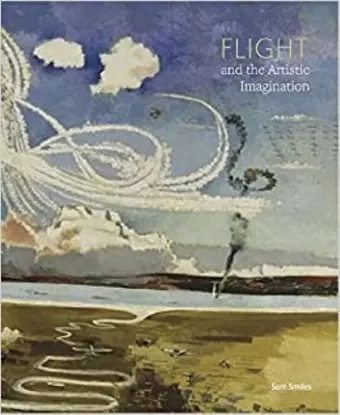Flight and the Artistic Imagination
Format:Paperback
Publisher:Paul Holberton Publishing Ltd
Published:19th Jul '12
£16.99
Supplier delay - available to order, but may take longer than usual.

Accompanying a major exhibition at Compton Verney, Warwickshire, this book examines the innate human desire to transcend the limitations of physiology and gravity – and to fly. Through an intriguing combination of paintings, sculpture, photographs, drawings, prints and video, including works by Leonardo da Vinci, José Francisco de Goya y Lucientes, Paul Nash, Peter Lanyon and Hiraki Sawa, the reader will be provided with a unique overview of artists' creative responses to flight, from the earliest imaginings to an era in which space travel has allowed us to glimpse other worlds.
ISBN: 9781907372377
Dimensions: 260mm x 216mm x 10mm
Weight: 454g
96 pages